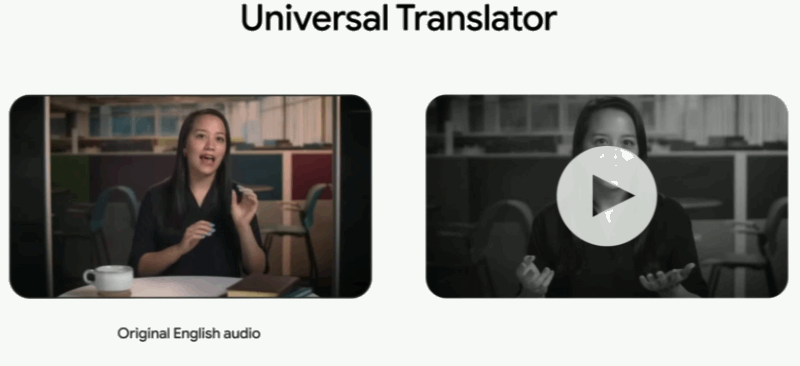
By Ankita Chakravarti: When the 68-year-old woman, whose name has not been disclosed in the reports, set out on a pilgrimage to Kedarnath, she was excited to spend time with her family and experience the beauty of the holy site. However, things took a dramatic turn when she got separated from her loved ones in the crowded area. Unable to speak the language and feeling lost and alone, she turned to technology for help. With the aid of Google Translate, she was eventually able to communicate with strangers who helped her reconnect with her family.
advertisement
The woman hailed from Andhra Pradesh and was well-versed with Telugu but could not communicate in either Hindi or English. As per a PTI report, the woman separated from her family while returning from Kedarnath due to bad weather. The police who found her told the news agency that the woman was in a flustered state of mind in Gaurikund shuttle parking lot. The woman was not able to communicate with the police officials in either Hindi or English
"When we tried to speak to her, we realised she could not communicate either in Hindi or English. She was speaking only Telugu," Sub Inspector Ramesh Chandra Belwal told PTI. "Through gestures, we assured her that she would be reunited with her family. We offered her some refreshment and took the help of Google Translate to interpret whatever she was trying to tell us," he added.
The police then dialed the number the woman narrated in Telugu and it was discovered that her family was in Sonprayag, which is almost 8 kilometers away from Gaurikund, the place where the elderly woman was left alone. Through Google Translate, the police were able to communicate with the woman’s family, who were frantically searching for the 68-year-old woman.
Soon after the whereabouts of the woman’s family were known, the police arranged a vehicle and the woman was escorted to Sonprayag to be reunited with her family, the officer told the news agency.
How to use Google Translate to communicate
Notably, Google Translate can translate text between over 100 languages. You can type or write text into the Google Translate website or app. Google Translate will then translate the text into the language of your choice. Or if you want to communicate something to someone who does not understand your language. You can speak a phrase into the Google Translate microphone. Google Translate will then translate the phrase into the language of your choice. The Google Translate app is available for both Android and iOS devices. The app allows you to translate text, speak a phrase, take a picture of text, and even translate conversations in real time
--- ENDS ---



